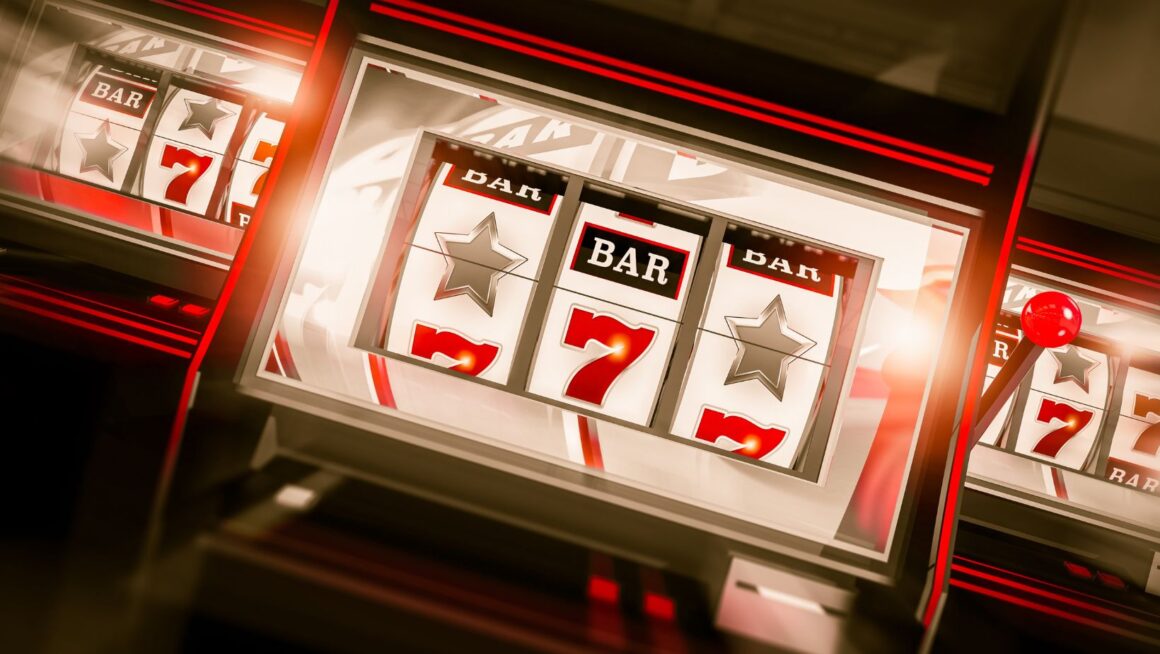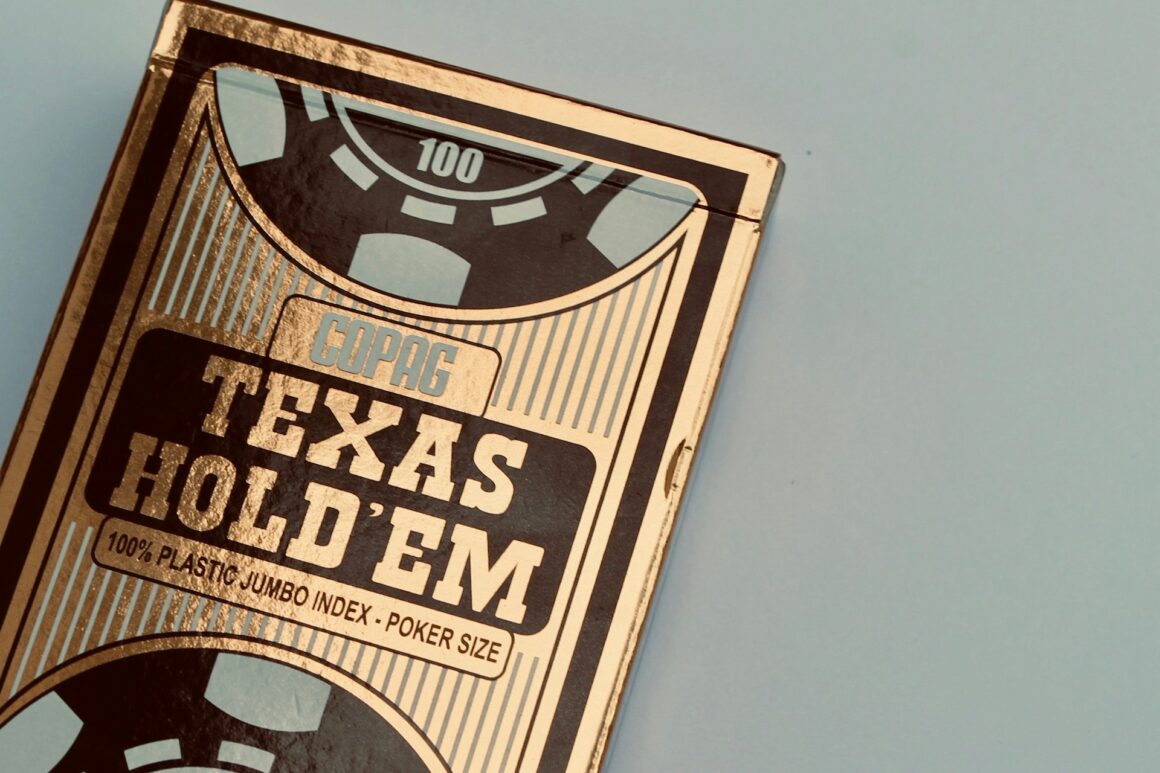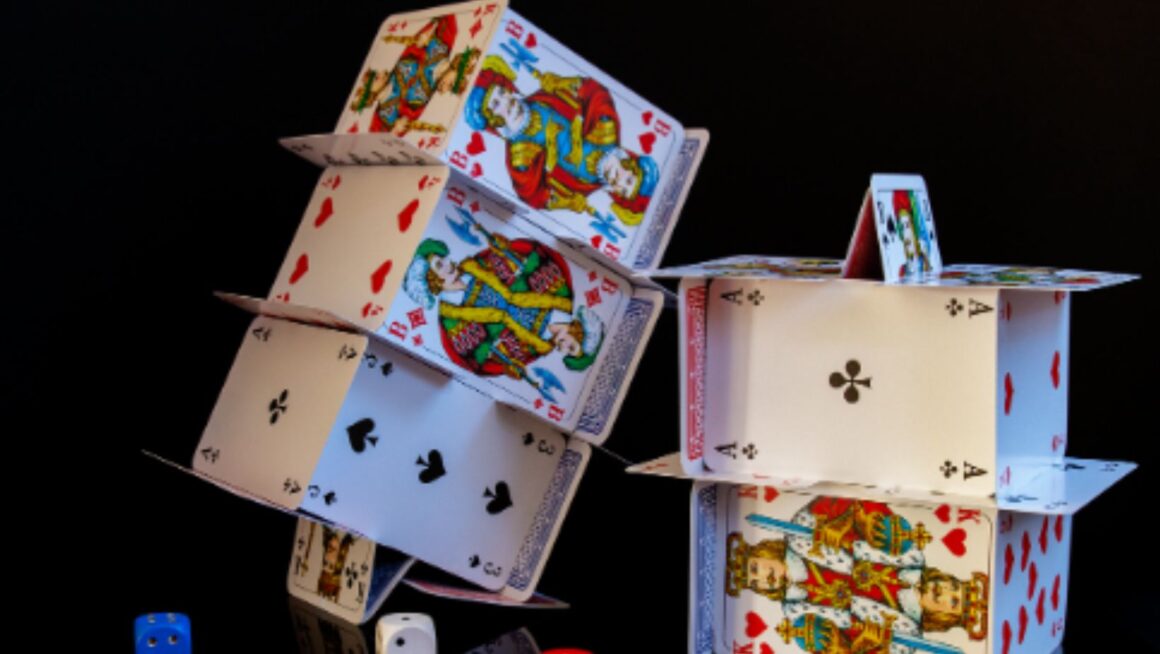I used to think bad gambling sessions just happened. Random variance. Nothing you could predict or control. Then I lost $800 in 90 minutes on a night when every warning sign was flashing red—I just didn’t know how to read them yet.
That night taught me something crucial: bad sessions announce themselves early. They give you signals. Little hints that things are heading south. Most players (including past me) ignore these signs and keep playing until the damage is done.
Now I recognize them within 15-20 minutes. And when I do, I stop. Not “one more spin” stop. Actually stop.
Here’s what changed.
Platform choice affects session quality more than most realize. Cazimbo structures their welcome offer as 100% up to €500 plus 200 free spins and 1 Bonus Crab—giving you multiple entry points to test different games and find what actually works for your style rather than forcing you into a single game type.
The First Signal: Your Win Reactions Change
This one’s subtle but deadly accurate.
In a good session, small wins feel satisfying. You hit a 15x multiplier on a slot and think “nice, that helps.” In a bad session developing, that same 15x feels disappointing. You immediately think “not enough” or “should have bet more.”
When wins stop feeling like wins, your brain’s already in chase mode. That’s the first warning.
My test: If I catch myself feeling frustrated after winning anything, I check my starting balance. Usually, I’m down enough that my brain has recalibrated what “success” means. At that point, I’m not playing to win—I’m playing to recover. Different game entirely, and one I rarely win.
The Rebuy Thought Appears Too Early
I set a session bankroll before playing. Let’s say $100. In a normal session, I might think about rebuying after 45-60 minutes if I’m running low but having fun.
In a bad session? That rebuy thought shows up at the 15-minute mark.
If I’m already planning to deposit more money before I’ve even finished my first buy-in, something’s wrong with my mindset. Usually it means I’m not playing for entertainment—I’m already in “must win” mode.
The rule I follow: If I think about rebuying before 30 minutes pass, I stop immediately. No exceptions. Even if I’m “due for a bonus.” Especially if I think I’m due for a bonus.
Game-Hopping Gets Frantic
Game switching happens in every session. But there’s a difference between casual exploration and desperate searching.
Bad session pattern: I play a slot for five minutes, don’t hit anything, switch. Try another, three minutes, switch again. Open a third game, two spins, close it. This frantic hopping means I’m not actually playing—I’m hunting for “the hot game.”
Certain games demand constant decision-making that can amplify this pattern. When playing crash games, you need clear estratégia jogo aviator principles about cashout timing—but in a bad session, players abandon their strategy entirely, desperately chasing “just one more round” without any plan.
What I do instead: If I’ve switched games more than three times in 10 minutes, I stop and ask myself why. If the honest answer is “nothing’s paying,” that’s not a game problem. That’s a session problem.
The Speed Increases
Watch your spin speed during a slot session. At the start, there’s usually a natural rhythm. You spin, watch the result, maybe pause briefly between spins.
In a bad session, that rhythm accelerates. Spins get faster. You’re barely seeing results before hitting spin again. That’s your brain trying to “speed run” to the big win—like somehow playing faster will make it arrive quicker.
It won’t. But it will empty your balance faster.
Physical tell: I actually notice my breathing changes when this happens. Shallower, faster. If I catch myself breathing differently while gambling, that’s a huge red flag.
Justification Stories Start
“I’m due for a bonus.”
“The last three sessions were losers, this one has to pay.”
“I always hit something good after losing this much.”
When I start telling myself stories to justify continued play, the session’s already bad. These narratives have nothing to do with probability and everything to do with emotional desperation.
The worst part? These stories feel convincing in the moment. Your brain wants to believe them because believing them means you should keep playing.
Reality check: I literally ask myself out loud: “Am I creating a story here?” Hearing it spoken breaks the spell surprisingly often.

Time Distortion Kicks In
In a good session, time feels normal. An hour passes and it feels like an hour.
In a bad session, I experience one of two extremes: either time races by (suddenly 90 minutes are gone) or it crawls (every spin feels like forever). Both signal problems.
Fast time means I’m in a trance state—mindlessly spinning without conscious thought. Slow time means I’m hyper-focused on each result, treating every spin like it must be “the one.” Neither state leads anywhere good.
The Break Test
Here’s my most reliable check: Can I take a five-minute break right now?
If the answer is “yes, but I don’t want to,” that’s borderline. If the answer is “no, I need to keep playing,” the session’s already out of control.
When I can’t voluntarily stop for five minutes—just to grab water or step outside—that’s compulsion, not entertainment. Game over.
What I actually do: Set a phone timer for five minutes and walk away from the screen. If those five minutes feel agonizing, I don’t return. The session’s done.
The $800 Night That Taught Me
That brutal $800 loss? Every single one of these warning signs was present. I ignored them all.
Started with a $200 bankroll. Hit nothing in the first 15 minutes, felt frustrated by small wins, started game-hopping immediately. Reloaded another $200 at the 20-minute mark. Then $200 more. Then the final $200.
Speed increased. Created elaborate justification stories. Time became a blur. Never took a single break.
Looking back, I could have stopped at $200 down. Every signal told me to. But I didn’t know how to read signals yet.



